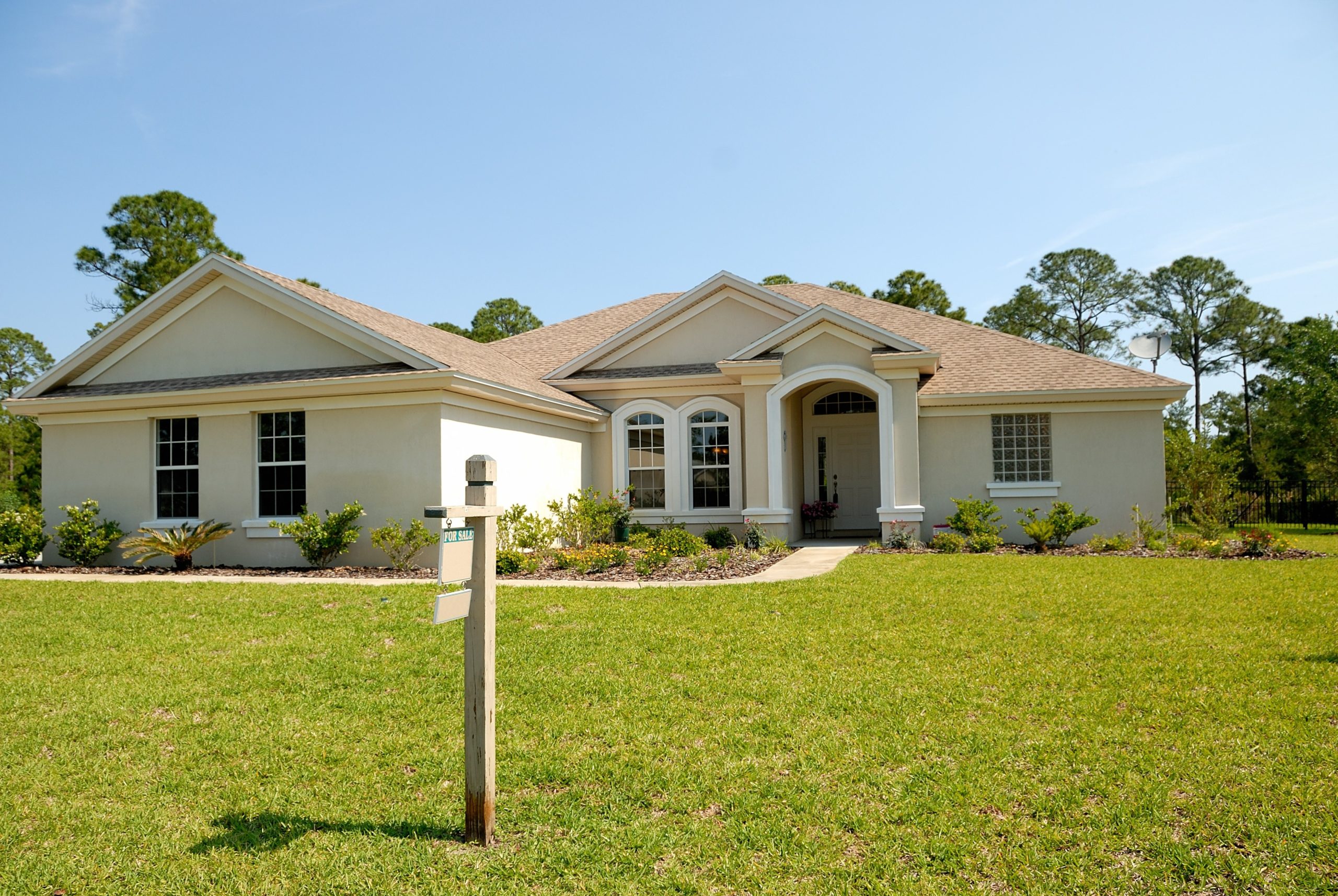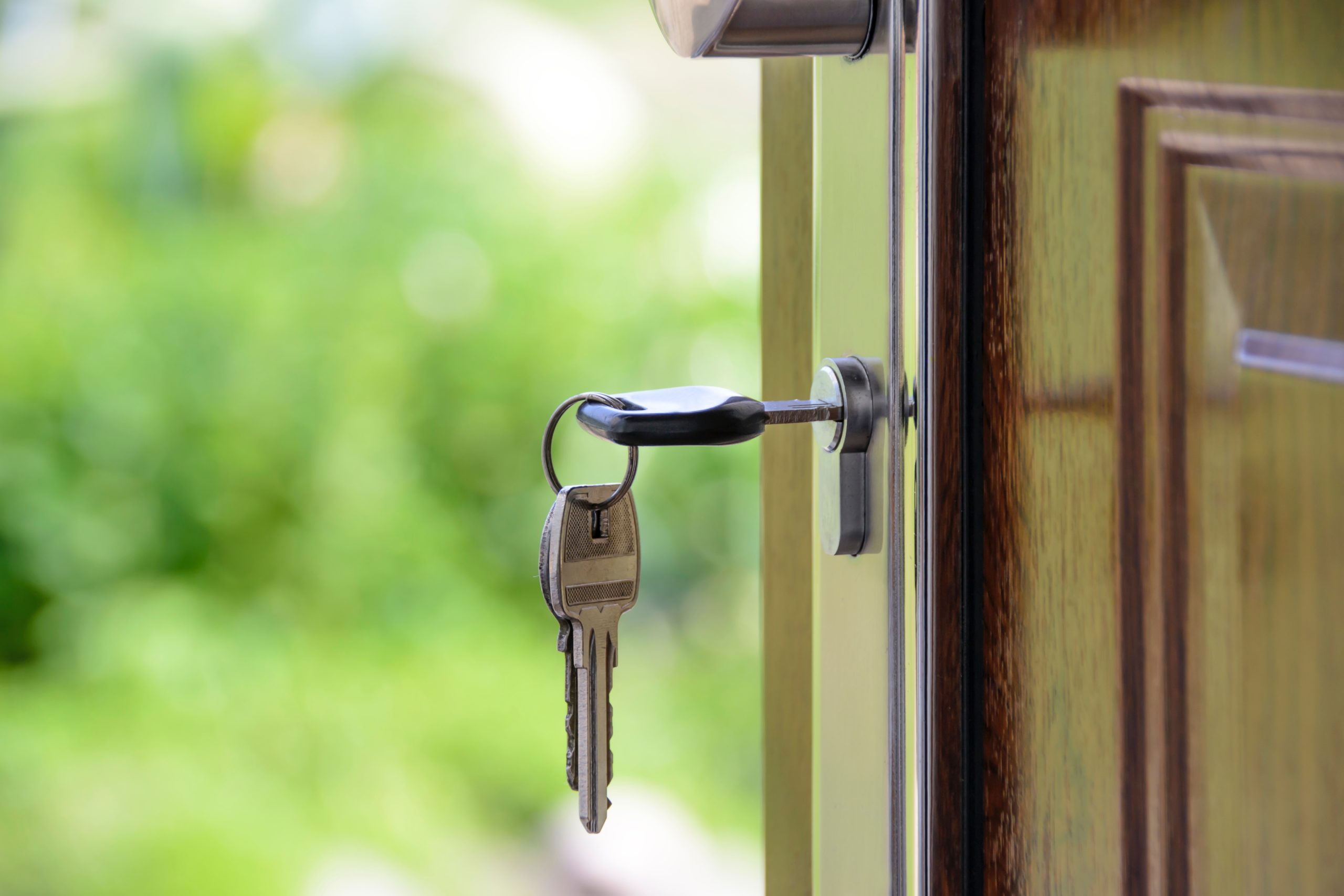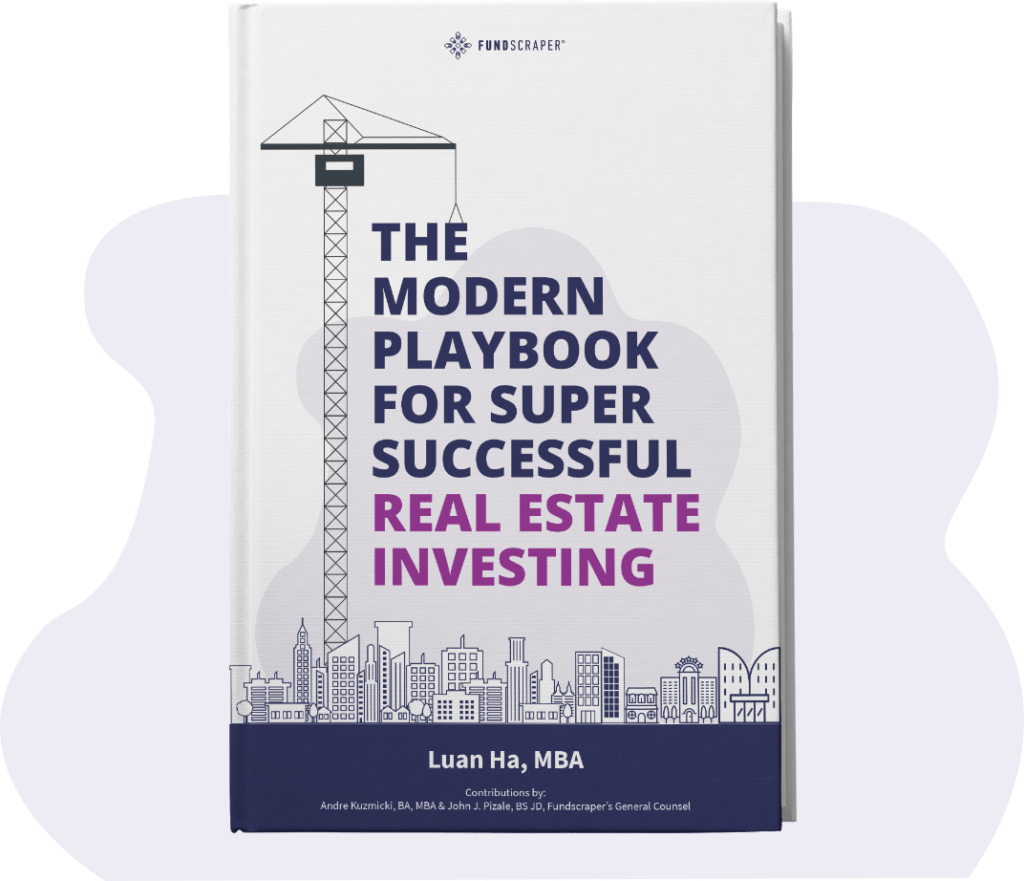Key Points
- You can expect the interest rate on your mortgage for investment property, Canada specifically, to be at least 0.50% to 0.75% higher than the rate on your primary mortgage.
- If you don’t want to manage real estate, or don’t have the money for the down payment and financing to buy the real estate, consider an alternative to a conventional mortgage.
Buying rental property can be a great way to invest for the long term and generate monthly income. Like any investment, research the pros and cons before making any decisions and be clear on your goals and risk appetite for owning rental property.
Investment Property Mortgages: What You Need to Know
Advantages | Disadvantages |
You pay fewer taxes. You can deduct certain expenses from your income, including mortgage interest, property taxes, insurance, maintenance, upgrades, property management, and more. | You take on the responsibilities and challenges of a landlord. Rental units need repairs and dealing with tenants can be challenging. |
You may be able to deduct losses for tax purposes. If your expenses exceed your rental income, you may be able to deduct that loss from any other sources of income. | It may be difficult and costly to sell the property later. Real estate is not a liquid investment. It can be time-consuming and pricey to sell, depending on market conditions. |
You receive regular monthly income. Other kinds of investments may pay out less often or income may be less predictable. | It may be difficult to finance the purchase. You must have a down payment of at least 20% when you buy a second property. |
What to Consider Before Buying an Investment Property Mortgage in Canada
What kind of property do you want?
- Most first-time investment property buyers tend to start with condos and single-family homes.
- With property, bigger is not always better. It likely means more taxes and more space to maintain.
What’s an ideal location?
- Look for property close to schools, hospitals, public transportation, businesses, and retail.
- Focus on neighbourhoods where demand for rental properties is strong and expected to remain so.
How is the local rental/job market?
- A healthy job market will likely spur demand for housing and may result in rising rental income.
- A growing area with major improvement projects planned could make the location more attractive to potential renters.
Does purchasing a property make financial sense?
- Investing in rental property (or a rental property mortgage) should be considered a long-term investment that helps build capital.
- Consider whether your real estate investment has the potential to provide a better return when compared with other investments.
Get the advice of experts
- Assemble a team of professionals to advise you on real estate, legal, tax, and financial decisions.
- Consider including an investment advisor on your team, as any property you buy will impact your asset mix and overall portfolio. That’s where Fundscraper comes in!
You can expect the interest rate on your mortgage for investment property, Canada specifically, to be at least 0.50% to 0.75% higher than the rate on your primary mortgage.

Getting to Know More About Investment Property Mortgage Rates on Loans
Mortgage interest rates will always be higher on investment properties than on your primary residence. Lenders add this upcharge because they consider a rental or investment property mortgage — Canada markets included — to be a riskier loan product.
To protect themselves against the extra risk that comes with investment property financing, lenders charge a higher interest rate and have stricter qualification rules for borrowers. That makes it extra important to shop around and make sure you’re getting a fair mortgage rate on your investment property before you buy.
Achieving Your Long-Term Goals with a Mortgage on an Investment Property
Everyone has their own reasons for getting into property investment. What are your long-term goals? Do you have an investment target – a certain amount of money you’re hoping to make? This adds purpose and structure to your plans.
If you know your financial goals but aren’t sure how to structure your plans to meet them, that’s okay. We all start somewhere! Consider looking at past historical data and making reasonable expectations for the future. If you have information on how much properties like yours have appreciated in value over the years, you can make educated guesses about your financial future and estimated mortgage payment.
Are You Ready for an Investment Property Mortgage?
Assess your current financial situation to see if buying investment property makes sense for you now. Consider these questions:
- Can you afford the sizable purchase price of real estate and still cover your existing financial obligations?
- Is your credit in good standing?
- Do you have the minimum 20% down payment you’ll need to secure financing?
- Have you factored closing costs into your expenses?
- If any repairs are needed to a property before it’s rentable, do you have the money to pay for them and the mortgage until you’re able to rent it?
- If you have a primary residence, could it, or a line of credit secured against it, be used as a potential financing source?
- Don’t forget that lenders will employ either a “Rental Add-Back” or “Rental Offset” to assess your ability to repay their indebtedness. Learn about each, but know that rental offset will always leave you in a better position than rental add-back.
- Know that mortgage insurers will not provide mortgage default insurance on investment properties. Generally, it’s only available on residential homes worth under $1 million.
If you don’t want to manage real estate, or don’t have the money for the down payment and financing to buy the real estate, consider an alternative to a conventional mortgage.
Passive real estate investing in a mortgage pool may be a better option for you. You can even use your RRSP to fund your mortgage, which we call a self-directed RRSP mortgage investment property.
Contact Fundscraper today to discuss your options for investment property mortgage, Canada and beyond.
Start Investing in Real Estate Backed Investments Today
Explore the investments available on Fundscraper.










